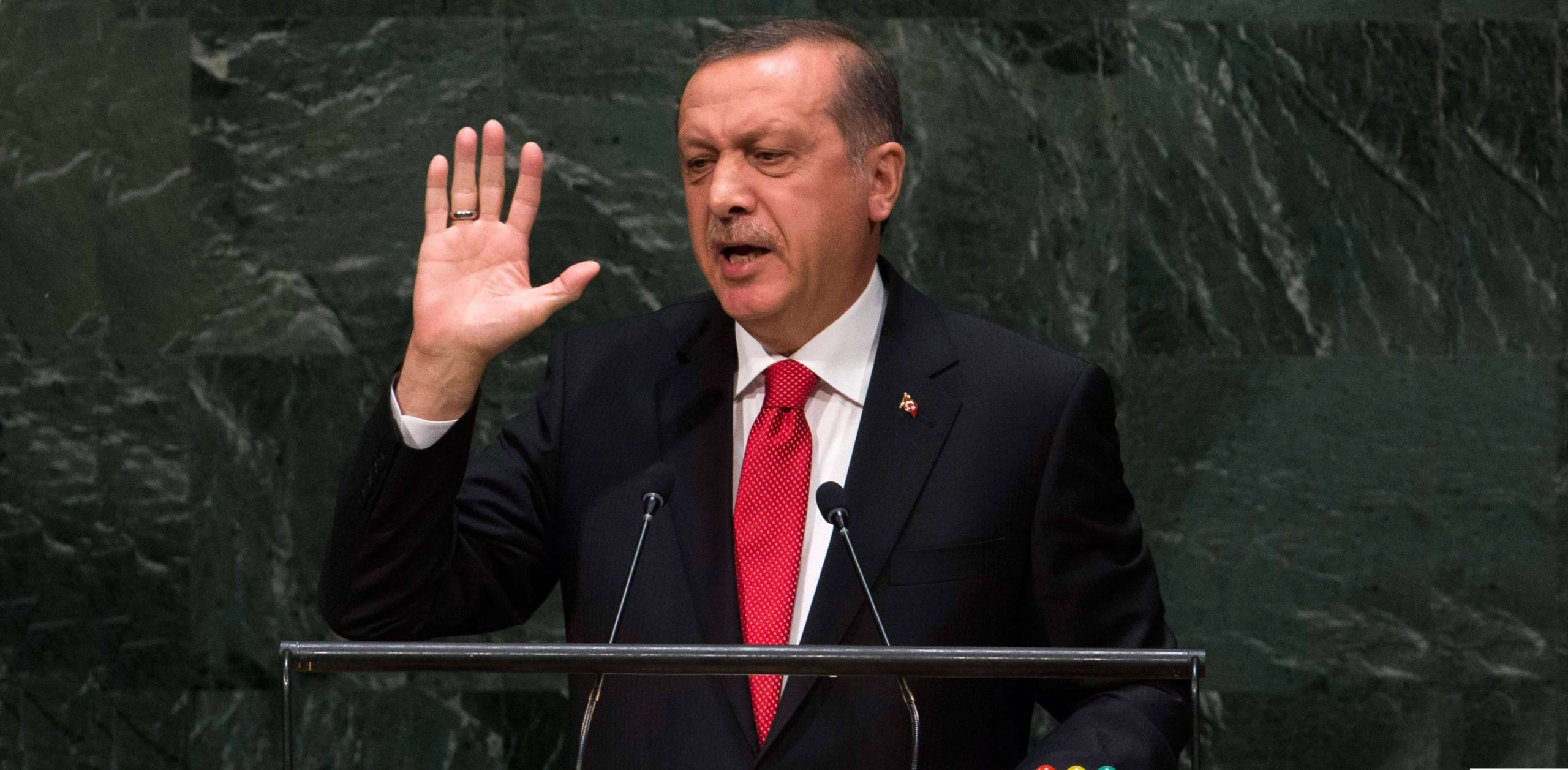Meanwhile, Mr. Erdogan, having previously put Turkey’s central bank under his direct control, has been ordering a series of interest-rate cuts to fight inflation — contrary to all sound economic practice. The Turkish president, a political Islamist, has alluded to Muslim anti-usury doctrine to justify this strange policy, which, he also claims, will boost Turkish exports, thus stimulating growth. As more and more Turks dumped their lira in favor of dollars or euros, Mr. Erdogan responded on Dec. 20 with an even more desperate measure: reimbursing anyone who agrees to hold lira for at least 90 days for any currency depreciation that might occur during that time. There was a brief respite to the lira’s decline before it resumed in the last week of December. Turkey’s central bank is reportedly spending billions of dollars of its reserves to prop up the lira, but inflation has just hit an annual rate of 36 percent.
In short, Mr. Erdogan’s recent conduct confirms the worst fears of those who warned about one-man rule in Turkey. His harebrained economic ideas are sapping the nation’s wealth. In a healthy democracy, a rampant leader responsible for such a disaster would face checks and balances — the most essential being the free expression of truthful information and opposition policies. As Mr. Kavala can attest, however, Turkey is far from a healthy democracy.
Washington Post / Editorial Board
